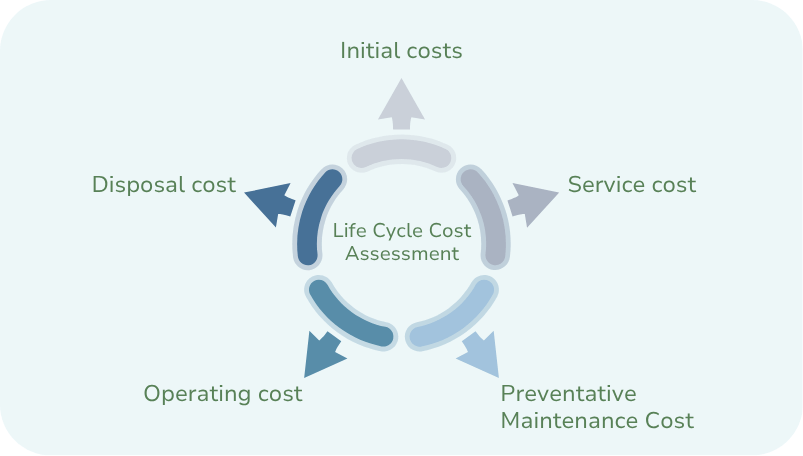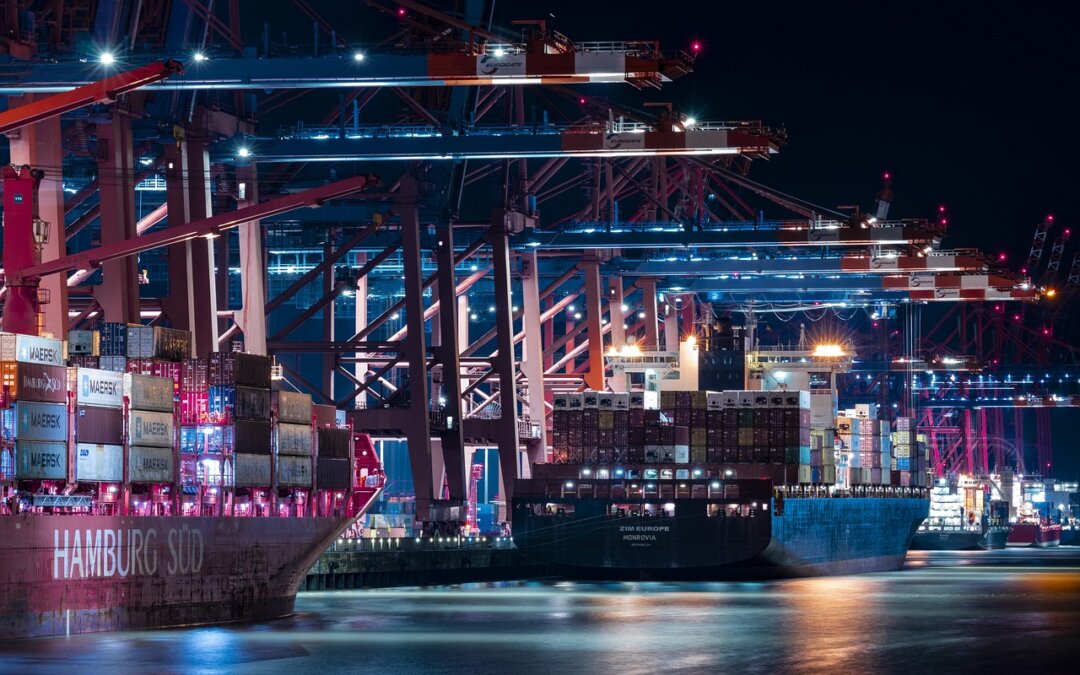The EU Blue Economy Report 2025 highlights the increasing role of sustainability, innovation, and resilience in Europe’s marine sectors. As marine-based activities evolve, the report urges a shift from linear economic models to circular, low-carbon, and digitally enabled approaches. It’s in this context that the POSEIDON project emerges as a pioneering initiative contributing directly to the EU’s vision.
The EU’s Call for a Greener Maritime Sector
According to the report, maritime transport remains a critical sector with significant environmental impacts, especially in terms of greenhouse gas emissions. The EU is prioritising decarbonisation strategies to align with its broader climate goals and to future-proof its maritime economy. It explicitly states the need for “innovative low-carbon solutions, enhanced electrification, and smarter vessel design” as key investment areas.
POSEIDON’s Fast Response Energy Storage Systems: A Practical Answer
The POSEIDON project develops Fast Response Energy Storage Systems (FRESS) that empower ships to operate more efficiently, with significantly reduced emissions. These cutting-edge systems include supercapacitors, supermagnets, and flywheels — technologies that directly support the EU’s call for cleaner energy and digital innovation in the maritime sector.
But POSEIDON doesn’t stop at innovation. It also applies a Life Cycle Cost (LCC) approach, assessing the total economic and environmental value of its systems across their entire lifespan. This mirrors the report’s emphasis on long-term sustainability, cost-effectiveness, and the integration of Life Cycle Assessments (LCA) in decision-making.

Aligning with EU Priorities on Digitalisation and Circularity
Digital solutions and circular design are pillars of the Blue Economy 2025 strategy. POSEIDON aligns with these principles by embedding digital monitoring and predictive maintenance into its energy systems, optimising performance while reducing waste and operational costs.
Moreover, the project contributes to the green transition by enabling retrofitting solutions that extend vessel lifespans and reduce the need for new builds — a circular economy principle emphasised in the report.
A Shared Vision for Impact
POSEIDON is not only developing high-impact technologies; it is also contributing to a resilient, low-emission, and future-proof maritime sector. The project echoes the EU’s vision by:
- Reducing the environmental footprint of shipping.
- Strengthening Europe’s innovation capacity.
- Supporting economic resilience through cost-effective, scalable solutions.
In short, POSEIDON represents a concrete step towards the goals outlined in the 2025 EU Blue Economy Report.
